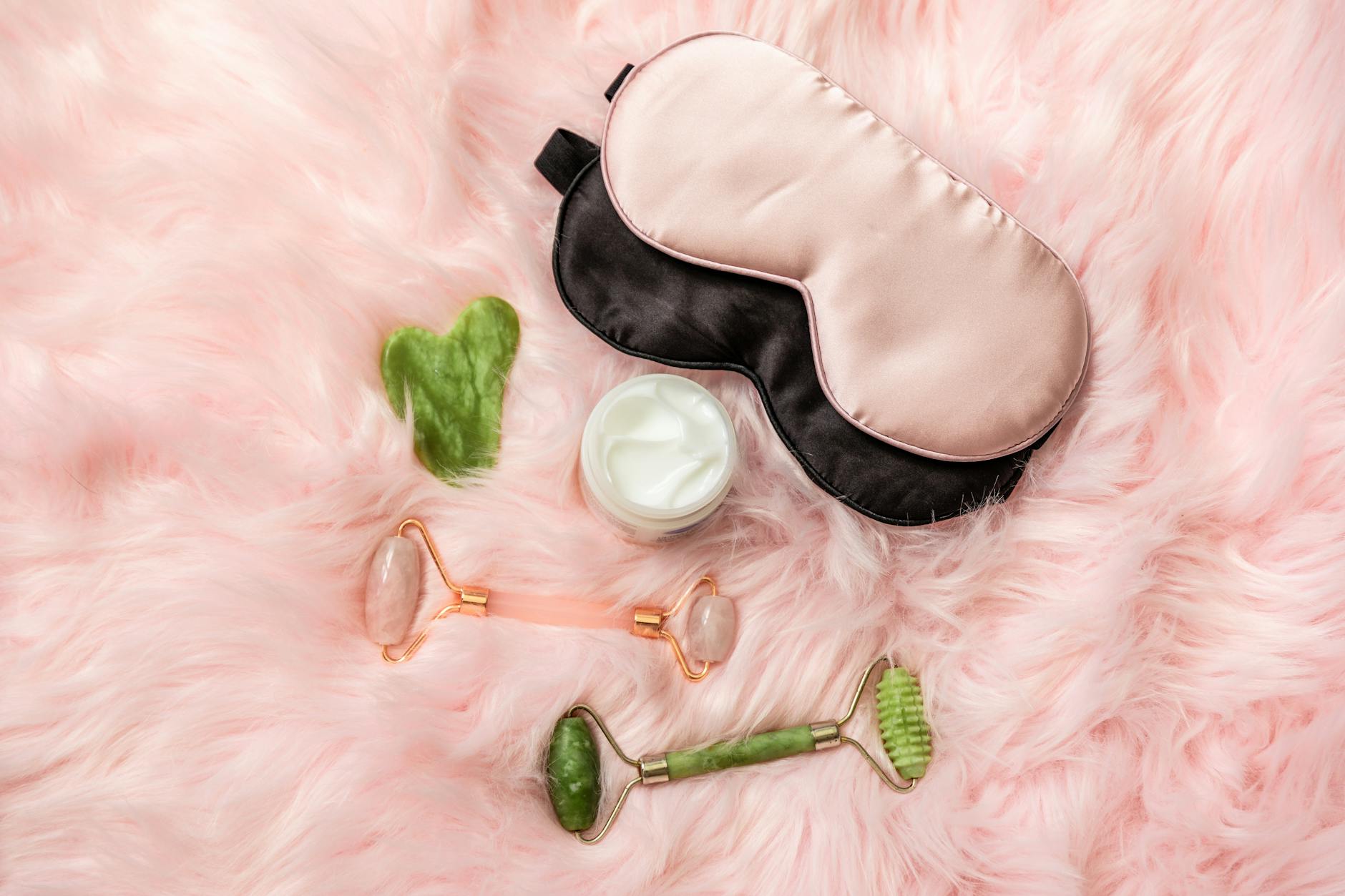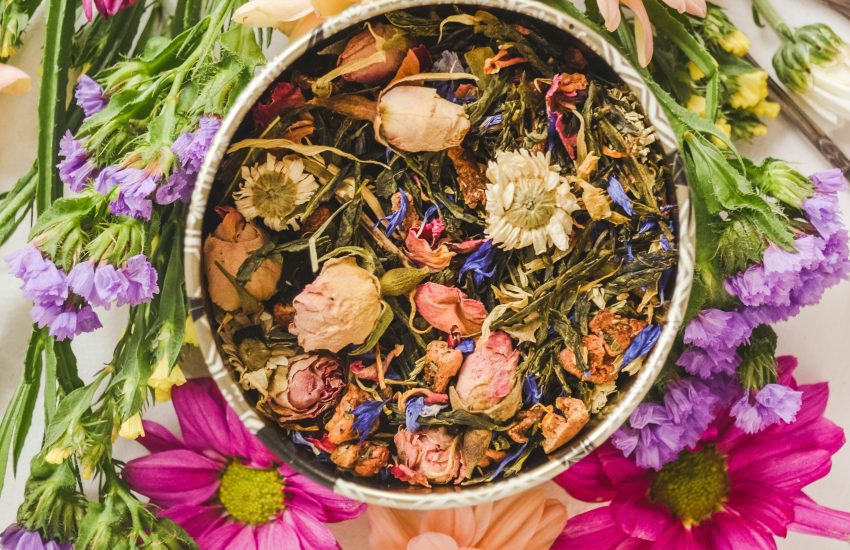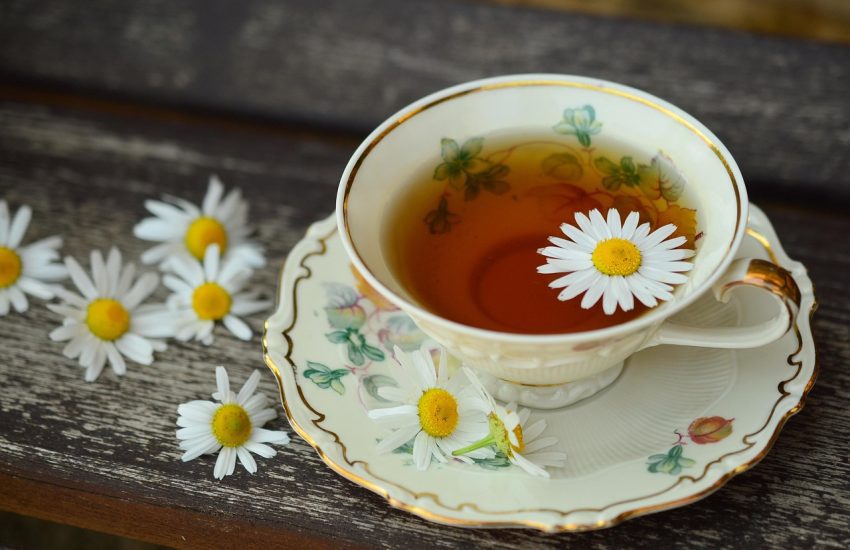Tips for Getting a Better Night’s Sleep
In today’s world, prioritizing sleep can often feel like a luxury. But a good night’s rest is essential for both our physical and mental health. Sleep deprivation can impact everything from our daily energy levels and mood to our focus, immunity, weight management, and overall health.
Beyond feeling refreshed, quality sleep is vital for maintaining a radiant appearance – a key element for people who care about their skin. Sleep deprivation can lead to puffy eyes, dark circles, and dull skin. It can also affect the way you focus, react, work and get along with other people. A well-rested you will naturally project a more vibrant and healthy glow.
Our environment plays a big role in sleep quality. Here are some tips to transform your bedroom into a sleep haven:
- Light it Right: Darkness promotes sleep. Invest in blackout curtains or an eye mask to block out distracting light.
- Soothing Sounds: If nighttime noises disrupt your sleep, consider a white noise machine or earplugs.
- Electronic devices: emit blue light that can interfere with sleep. Avoid screen time for at least an hour before bed and keep electronics out of the bedroom if possible.

Develop a Relaxing Bedtime Routine
Here are some tips to establish a calming bedtime ritual:
- Set a Sleep Schedule: Go to bed and wake up at consistent times, even on weekends. This helps regulate your body’s natural sleep-wake cycle.
- Unwind Before Bed: Take a warm bath, read a book, or practice gentle yoga or meditation to wind down before sleep.
- Embrace Dim Lighting: Dim the lights in your bedroom an hour before bed to signal to your body that it’s time to go to bed.
- Create a Comforting Scent: Lavender oil is known for its calming properties. Consider using a diffuser or lavender-scented sachets near your bed.
Sleep Habits to Avoid
- Napping too Late: Afternoon naps can interfere with nighttime sleep. If you must nap, keep it short (20-30 minutes) and avoid napping after 3 pm.
- Heavy Meals Before Bed: Food can impact our sleep. Eating a light dinner a few hours before bedtime is ideal. Avoid heavy, spicy, or sugary foods that can disrupt sleep.
- Caffeine Close to Bedtime: The stimulating effects of caffeine can linger for hours. Avoid caffeine in the afternoon and evening.
- Nighttime Alcohol: While alcohol may make you drowsy initially, it disrupts sleep quality later in the night. Avoid taking alcohol 2 to 3 hours before bedtime.
Benefits of Taking a Good Night Sleep
- A good night’s sleep can improve concentration and decision-making abilities.
- Sleep is essential for consolidating memories, learning new information, and focusing throughout the day.
- Getting enough sleep helps you manage stress and maintain a positive mood.
- A good sleep quality can strengthen your heart and reduce blood pressure.
By prioritizing sleep, you’re investing in your overall health and well-being. You’ll not only look your best, but you’ll also think sharper, react calmer, perform better, and connect more meaningfully with others.
References:
Sleep Foundation. “Nutrition.” Sleepfoundation.org, [22nd June 2024].
National Heart, Lung, and Blood Institute (NHLBI). “Why is Sleep Important?” National Institutes of Health (.gov), [22nd June 2024].
Mass General Brigham. “Why Is Sleep Important?” Mass General Brigham, [23rd June 2024].


